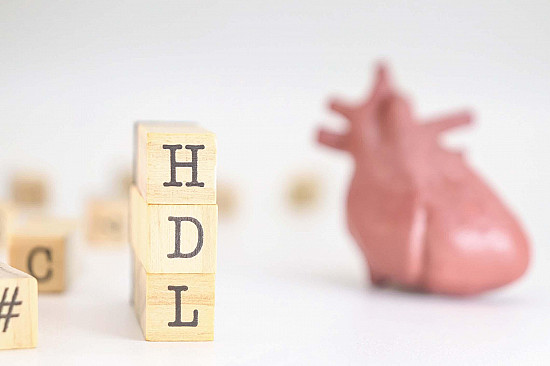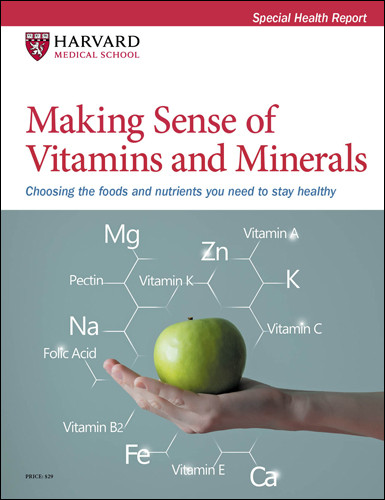Is niacin safe for the heart?
Ask the doctor

Q. I've been taking a product called Niagen (nicotinamide riboside) as an anti-aging supplement. But I recently read that niacin may increase the risk of heart disease. Could that be a concern with Niagen as well?
A. Niacin, also known as vitamin B3, is a water-soluble vitamin that helps your body convert food into energy. Niacin is the generic name for nicotinic acid and nicotinamide (also called niacinamide) and related derivatives such as nicotinamide riboside, the product you take.
Niacin occurs naturally in many foods, including poultry, nuts, beans, and grains. It's also found in multivitamin supplements, B complex supplements, and supplements containing only niacin. Nicotinic acid and nicotinamide are the two main forms found in supplements. High-dose nicotinic acid is also available as a prescription medication for improving blood lipid levels.
Niacin can lower triglycerides and raise high-density lipoprotein levels, usually requiring 1,500 to 2,000 milligrams (mg) a day to achieve this. However, prescription niacin has not been shown to lower the risk of death, heart attack, or stroke. A large study of more than 25,000 patients tested niacin in combination with cholesterol-lowering statin drugs found little additional benefit when compared with statins alone. What's more, high-dose niacin was associated with many worrisome side effects, including a higher risk of new-onset diabetes, worsening control of diabetes in those already had it, and a higher risk of serious gastrointestinal symptoms requiring hospitalization.
As a result, in 2016, the FDA withdrew its approval of niacin for use in combination with statins or other lipid-lowering agents. Since then, niacin use in people with heart disease has fallen.
The recent news about niacin you're referring to comes from a study of about 1,100 people with heart disease who were followed for three years. Researchers found that higher blood levels of two breakdown products of excess niacin were linked to an increased risk of heart attack and stroke. However, they had no information about the participant's dietary niacin intake, and because this wasn't a clinical trial, the results cannot prove that niacin is to blame for this observation.
In addition, we know that the amount of niacin found in multivitamins is not harmful. According to the NIH Office of Dietary Supplements, the daily upper limit (the largest daily intake of a nutrient considered safe for most people) for niacin from dietary supplements is 35 mg for adults. Nicotinamide has fewer side effects than nicotinic acid. But at high doses — 500 mg per day or more — nicotinamide can cause diarrhea and easy bruising and can increase bleeding from wounds. So that's something to keep in mind when taking nicotinamide supplements. Also, based on the scientific evidence to date, this supplement appears to have little benefit for people.
Image: © Drypsiak/Getty Images
About the Author

Christopher P. Cannon, MD, Editor in Chief, Harvard Heart Letter; Editorial Advisory Board Member, Harvard Health Publishing
Disclaimer:
As a service to our readers, Harvard Health Publishing provides access to our library of archived content. Please note the date of last review or update on all articles.
No content on this site, regardless of date, should ever be used as a substitute for direct medical advice from your doctor or other qualified clinician.
















